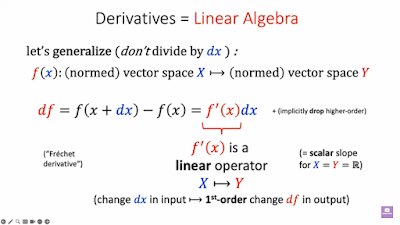Curt Jaimungal Interview with Aaron Schurger
See Aaron Schurger’s publications on Google Scholar.
Roger Penrose was interested in another experiment Libet did where he exposed the brain of the subject and directly stimulated the region where the sensory response is observed. See my comment on mixed-up psychological time in Another Curt Jaimungal Interview With Roger Penrose.
46:16 On free will versus free won’t. This is relevant to the other experiment of Libet which Penrose mentioned. If the stimulus of the interruption were directly applied to the brain after the action potential reached a critical level then I guess the subject wouldn’t experience it until later. The idea of (temporal) stability of neuronal activity in networks (1:15:10) seems very relevant! See Curt Jaimungal Intervew with Jenann Ismael. And on perception and perceptual decision-making listen to Chris Fuchs on the role of normative conceptions of probability in quantum measurement: Chris Fuchs - Some Tenets of QBism.
1:23:06 On being able to neuroscientifically disprove free will: you would need a complete neuroscientific theory of identity in order to be able to do that. See Michel Bitbol’s remark on phenomenalism in Another Curt Jaimungal Interview With Roger Penrose “Then the question arises as to whether there are features of lived experience which lead you to believe that they are shared with others.” See this dyadic conception of common knowledge in Jennifer Nagel on Epistemic Collaboration and Common Knowledge. The thing is that we don’t need the common knowledge to exist, we only need the possibility of its existence to be realised.
I just noticed that this is post number 12,345 on this blog, ...
Subscribe to Curt Jaimungal.



Comments
Post a Comment